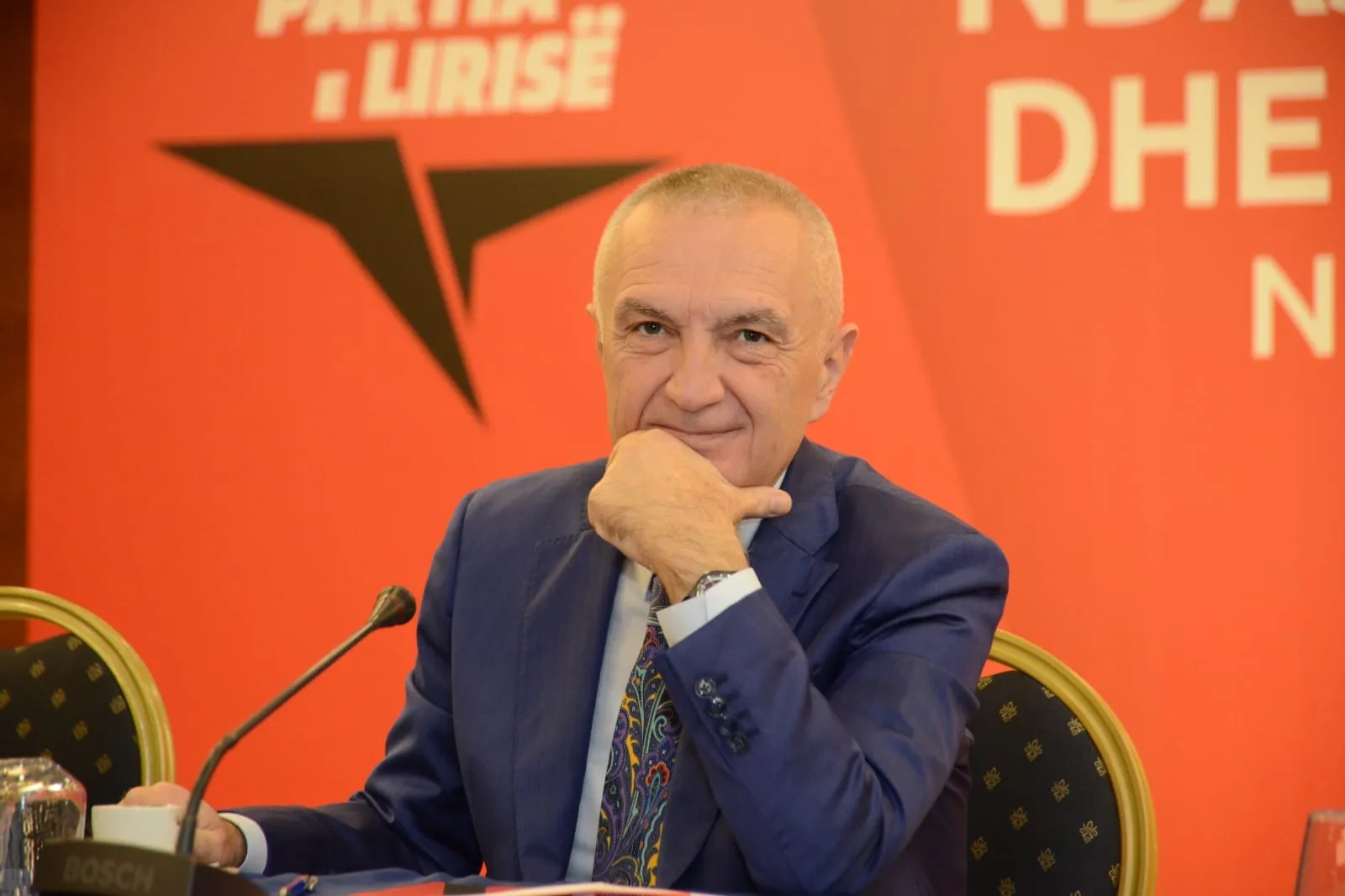Ilir Meta arrested: a breakdown of corruption and financial misconduct charges

Photo: Ilir Meta
Following the arrest of leader of the Freedom Party (PL) and former President of Albania, Ilir Meta, the Special Structure Against Corruption and Organized Crime (SPAK) published the charges against him. They include corruption, money laundering, and abuse of office, with his wife, Monika Kryemadhi, also implicated. The cases revolve around a series of financial violations, bribery, and misuse of political power, signaling a significant development in Albania’s anti-corruption efforts.
Why is this important: The range of charges and the depth of detail in the official allegations have taken many by surprise. Although these accusations—such as the CEZ-DIA scandal, undeclared lobbying payments and bribes—were previously discussed among journalists and the public, they were treated as rumors and speculation. Seeing them formally documented in official charges has stunned many Albanians, raising questions about how deep these networks of corruption run and signaling a major shift in Albania’s willingness to hold influential figures accountable.
Summary of charges
1. Corruption in the CEZ-DIA deal: A key focus of the investigation is Meta’s role in the CEZ-DIA scandal. Following the privatization of the state-owned energy distributor by CEZ, the Czech company discovered that the energy distributor was owed millions in unpaid bills by clients. Meta allegedly used his influence to secure a contract for Debt International Advisory (DIA), a company run by an associate to collect the debts. Despite DIA’s lack of qualifications, it received 649 million lekë or approximately 6 million Euros in payments for debt collection services that were never properly performed. Investigators believe Meta facilitated this deal through lobbying, benefitting from close ties with the Berisha government, which was in power at the time.
2. Bribery and financial misconduct: While serving as Minister of Economy, Meta allegedly accepted bribes in exchange for favorable treatment in privatization processes. He used his influence to award contracts and bypass legal requirements, receiving large cash sums as part of these deals. This pattern of misconduct forms the basis of multiple corruption charges.
3. Abuse of influence in telecommunications deals: Meta and Kryemadhi are also accused of misusing their political positions to interfere in Albania’s telecommunications industry. In 2014, they allegedly pressured state institutions and mobile phone companies to facilitate a private fiber-optic company’s entry into the market. In return, they received credit cards and shares of the profits, which were not reported in their official financial disclosures—further violating transparency laws.
4. Money laundering through real estate and offshore accounts: SPAK’s investigation uncovered evidence of money laundering through property transactions and offshore accounts. In one case, Meta and Kryemadhi purchased a luxury duplex apartment in Tirana’s Blloku district for 645,000 euros. Investigators believe the purchase was partially funded through undeclared cash deposits and laundered funds disguised as legitimate loans, violating financial regulations.
5. Failure to report medical expenses and bank accounts: Between 2013 and 2019, the couple incurred 106,125 euros in medical expenses, with 86,891 euros paid in cash. These expenditures were not declared in their annual asset disclosures, as required by law. Additionally, investigators found a joint bank account containing 100,000 euros that was omitted from their financial reports, further implicating them in the concealment of assets.
6. Undeclared lobbying payments in the U.S.: Meta’s political party, the Freedom Party, signed contracts with U.S.-based lobbying firms, but a portion of the payments—463,000 USD—was not disclosed in official financial records. SPAK suspects these funds were funneled through offshore accounts, raising questions about the origin and legality of the financing.
Legal proceedings and arrest measures: The investigation has consolidated multiple cases registered over several years into a single criminal file. On October 20, 2024, Albania’s Special Court for Corruption and Organized Crime approved several preventive measures:
- Ilir Meta: Detained and placed under custody for passive corruption, money laundering, and asset concealment.
- Monika Kryemadhi: Ordered to report regularly to the authorities while her case proceeds.
- P. Xh., former chairman of AKEP: Placed under house arrest for collaborating in illegal telecommunications deals.
- E. Ç., another suspect: Ordered to appear periodically before police as investigations continue.
Conclusion: The charges against Ilir Meta and Monika Kryemadhi reveal a systematic abuse of political power and financial misconduct at the highest levels. From the CEZ-DIA scandal to undeclared offshore accounts, the couple is accused of exploiting public office for personal gain. SPAK’s investigation reflects a new phase in Albania’s fight against corruption, reinforcing that even the most influential figures will be held accountable. As proceedings continue, the case will likely reshape Albania’s political landscape and serve as a warning to other public officials.


